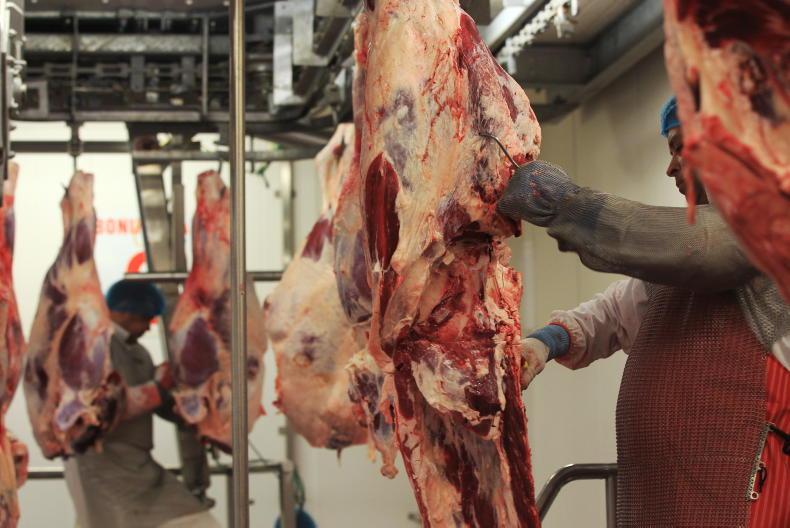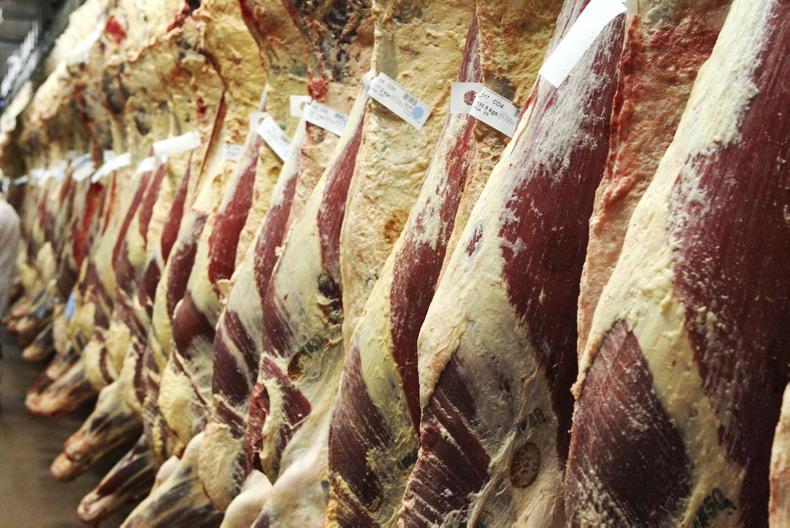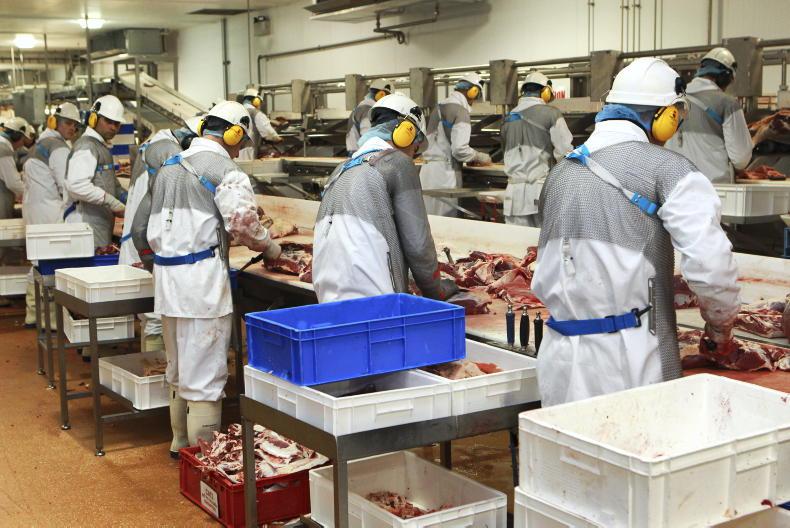The Department of Agriculture will spend €20m this year on developing new ways to dispose of 60,000t of meat and bone waste, according to Minister for Agriculture Charlie McConalogue.
A solution is being sought, after Ireland’s meat and bone meal (MBM), traditionally exported to the UK for disposal, has now been left without a home. Strict EU protocols are in place to prevent the product entering the food chain.
Following Brexit, Ireland received a temporary derogation to continue exporting MBM to the UK, circumventing an EU ban on the export of the product to non-EU countries. This derogation continues while alternative domestic arrangements are put in place.
The €20m spent this year on developing these disposal arrangements equals the funding provided under the Sheep Improvement Scheme.
Product
MBM is an animal by-product and includes carcases of animals which are suspected of being infected with transmissible spongiform encephalopathy (TSE), a family of livestock diseases which include BSE or ‘mad cow disease’.
The carcases of wild animals that are suspected of being infected with zoonotic disease and specified risk materials (SRM) - cows’ brains and spinal cords - are also included.
The 60,000t of this MBM produced annually comes from the rendering industry, the Department of Agriculture has said.
A spokesperson said the Department has led the search for alternative uses for MBM in Ireland, including playing a key role in designating it as a fuel in combustion plants.
The Department said that it “anticipates significant progress” in finding new domestic avenues for the waste product in 2023 and that it had not allocated any funding in relation to the disposal of MBM in previous years, as the majority of MBM was exported commercially.
‘Illogical’
Oireachtas Agriculture Committee chair Jackie Cahill TD said it is “illogical” and “irrational” for Minister for Agriculture Charlie McConalogue to stand over such a spend of €20m.
“We had a scare in a BSE cow there a number of years ago, but there was always an odd case of BSE in the herd and that’s just a matter of nature.
“Since the controls were put in place, thankfully, BSE is a thing of the past,” Cahill said.









SHARING OPTIONS